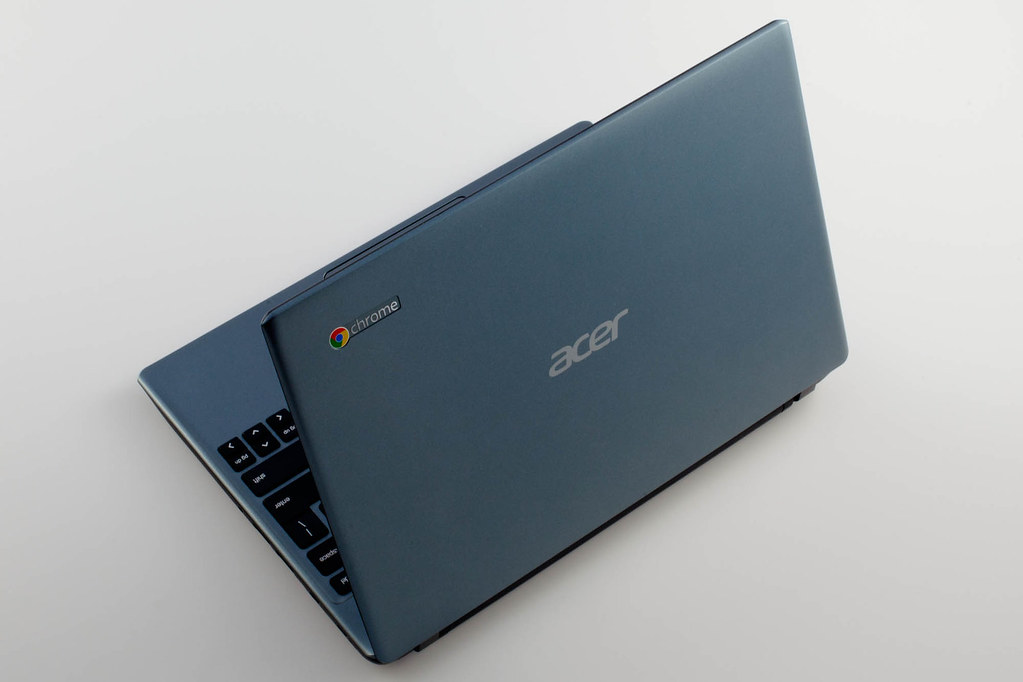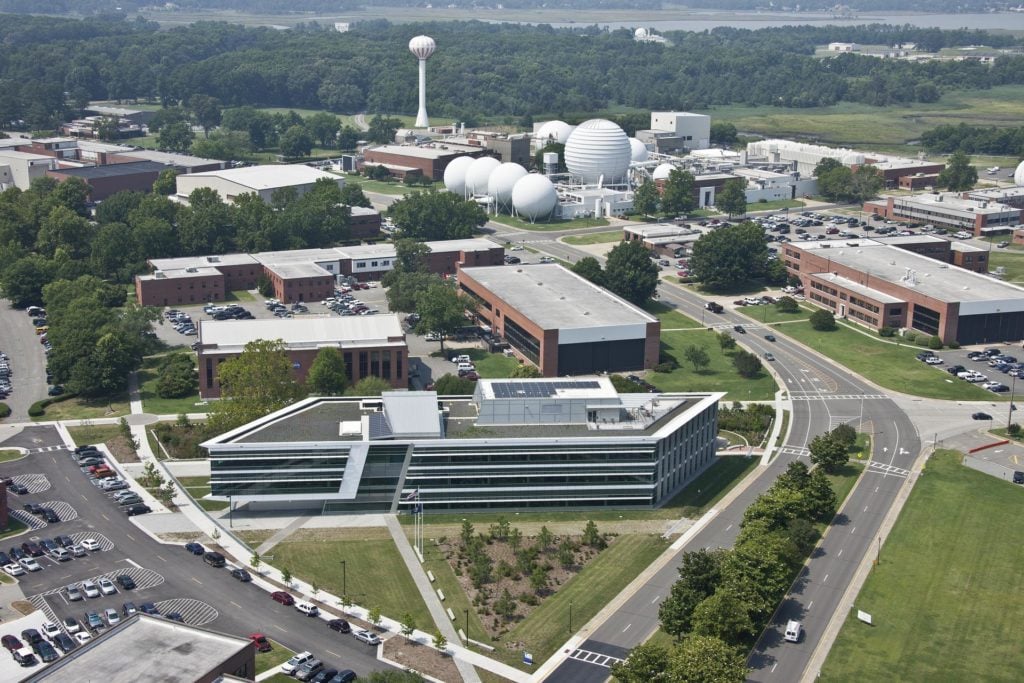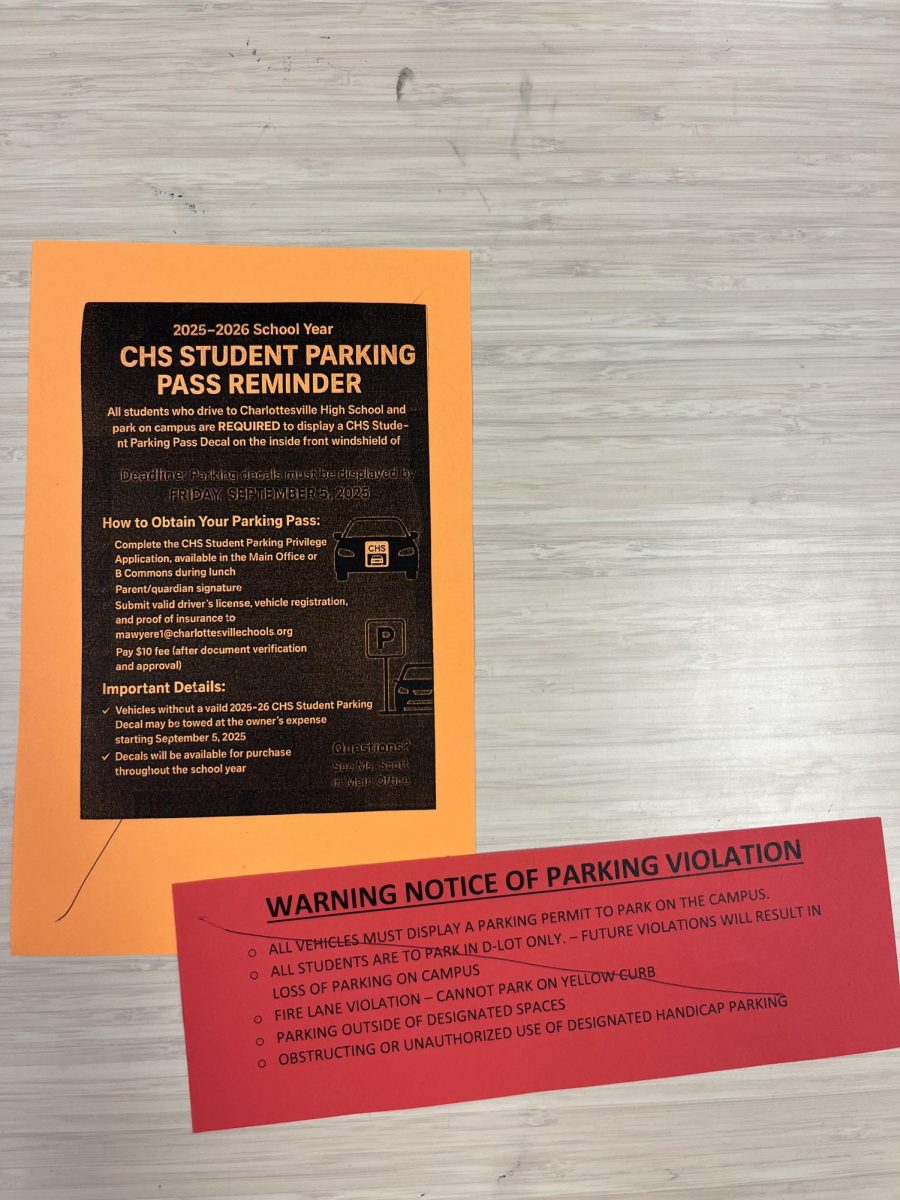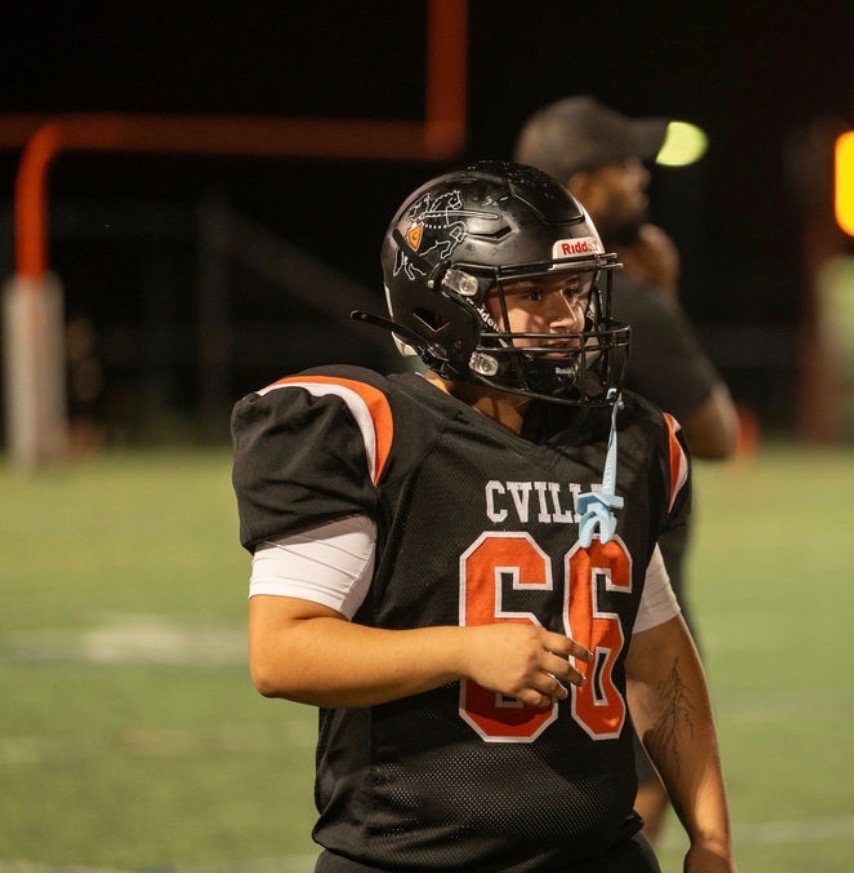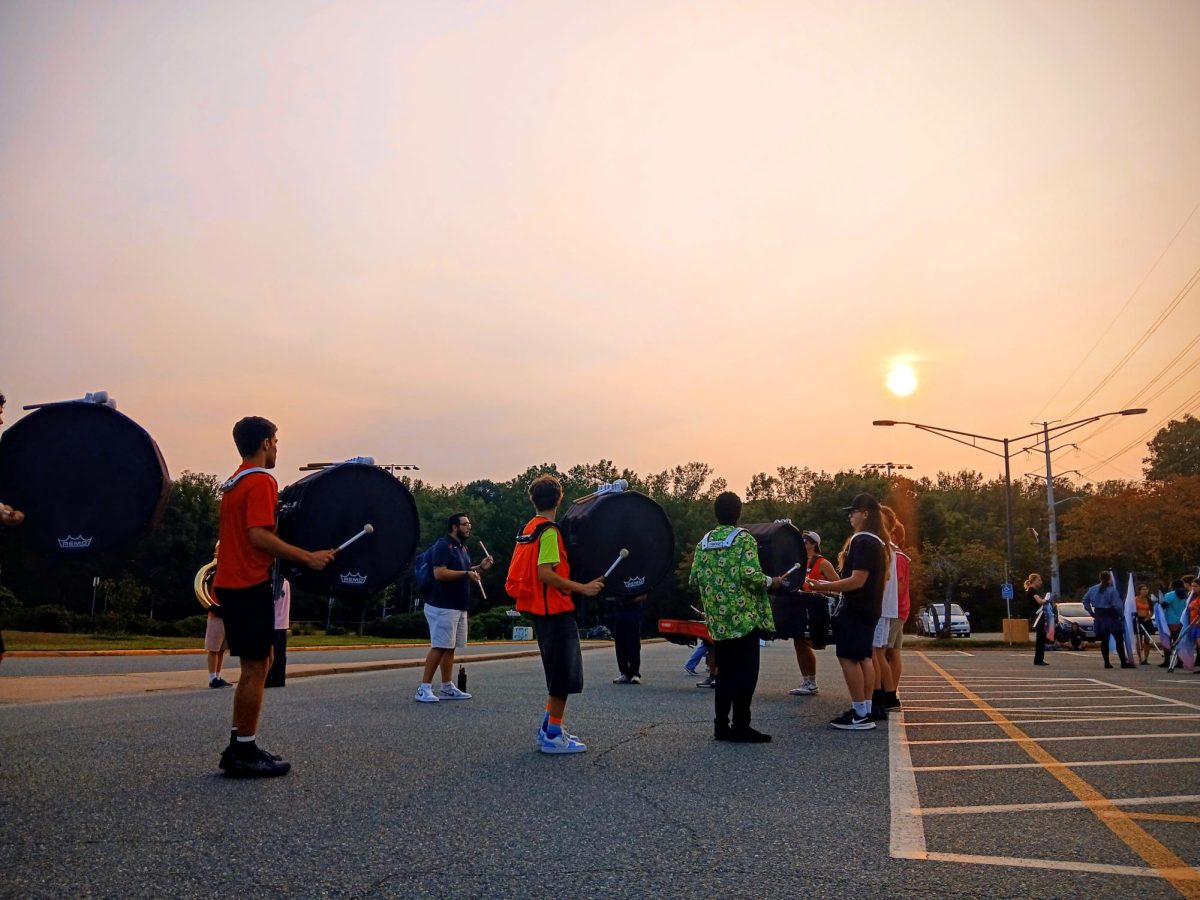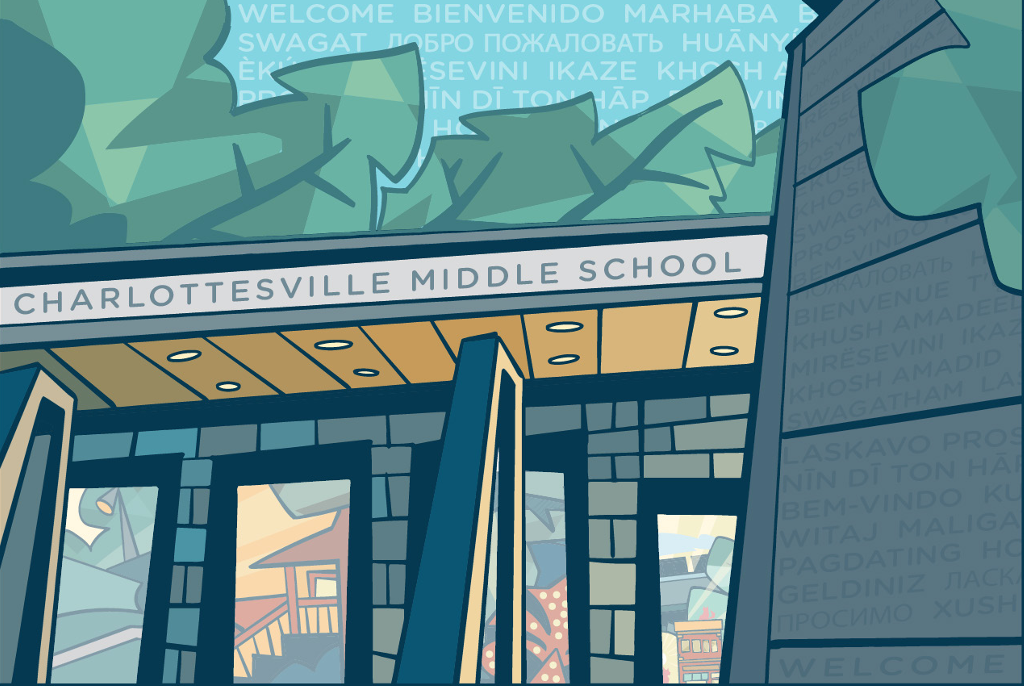Back in September, the Student Wireless Wi-Fi was shut down for personal devices, leaving CHS students who use non-school issued computers without the ability to get online. This has resulted in students who don’t use Chromebooks to resort to personal hotspots and the staff wireless network, which is rumored to also be shut down relatively soon. Why is this? What’s the staff’s motive to shut down the Wi-Fi, and how is the student body responding?
KTR interviewed Charlottesville High School’s Technical Support Specialist, Rod Durrer, who was able to touch on why administration disabled Student Wireless on non-CCS devices.
“I think the thought process behind it was for network security purposes. Being that you’re on your own personal device, we can’t really protect our network and know that our network is protected, because we don’t know if you have virus protection,” says Rod. “We don’t know if there are firewalls at risk, or if you are potentially putting malware on our network.”
A survey released by KTR revealed many students’ frustration about the school’s Wi-Fi. One anonymous student said via survey, “It’s very spotty and it lags so much, even though it says there is a strong wireless connection.” Others also complained about similar problems, saying that their Chromebooks just wouldn’t connect, tabs wouldn’t open, and their phones won’t work properly. This had students wondering if the phone policy was the reason for the ban, and the administration disabled the option to go online entirely in order to enforce the governor’s mandate.
KTR decided to bring up this concern to Mr.Rod: “I think a lot of the kids, from whom I’ve talked to, thought that their motive was to get kids off their phones. It was more so just for technological safety. It comes from a security standpoint, and also a bandwidth standpoint, because the network infrastructure can only withhold so much on it. When you have, say, six hundred additional devices that we’re not accounting for, it slows down our network and stuff. So the thought behind [shutting down school WiFi for personal devices] was to make our network more secure and to also make it a better experience for our CCS devices.”
Despite pushback from the students of CHS, the administration has remained firm in their decision. Students with Chromebooks feel at a disadvantage, with poor connection affecting their productivity in the classroom. But the staff of CHS has confirmed that the disabling of Student Wireless was not to limit phone usage, but to protect school-issued devices from potential invaders to the school’s network. This issue emphasizes the need of both staff and students to find a balance between technological security and online accessibility, in order to foster an environment where these technological policies support students and allow them to thrive.


